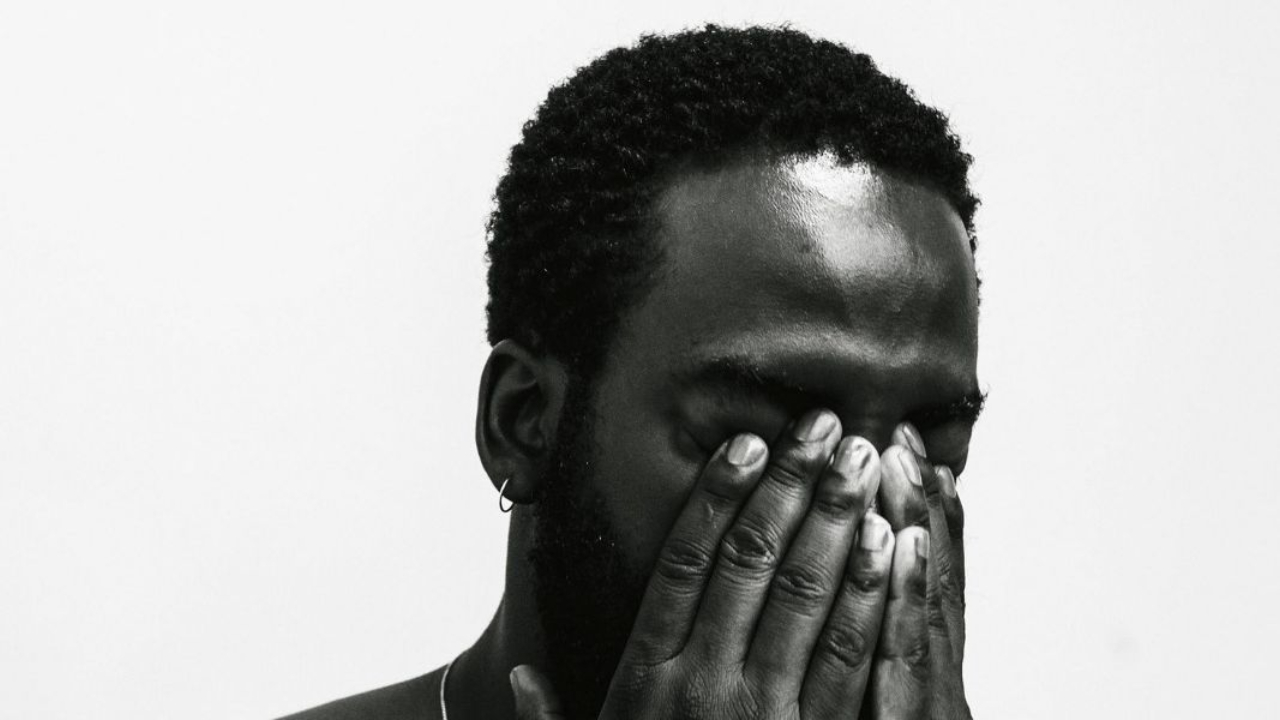The Power and Necessity of Grief
Apr 23, 2025
Grief and loss are the payment required to enter the territory of love and Eros.
It is a sacred transaction—
A debt paid to the gods of impermanence.
Everything you love,
you will one day lose.
As much as we cling to the ideal of forever—
The dream of the eternal—
This longing runs against the templates encoded in the natural law of this planet.
The desire for permanence is a coping mechanism,
A fantasy we project to soften the blow of the inevitable.
Grief has initiated me many times over, supporting me in cultivating greater emotional maturity, compassion for myself and others, and cleansing old wounds of the past. Most of my initiations have come through the loss of love—I have not yet faced grief around death directly. Yet each experience of losing love has unraveled deeper threads, exposing unmet wounds from childhood, revealing unhealthy patterns of relationship wired into my nervous system. Each loss brought to consciousness deeper sources of hurt, enabling me to heal them and end cycles of repeating pain. Through grief, I discovered ways I had abandoned or rejected parts of myself, and through grief, I began calling these exiled fragments of self back home, allowing me to directly tend to their needs and find a deeper sense of wholeness and integration.
Many attempt to enter the territory of love without paying the toll—
Avoiding attachments altogether,
Believing it’s safer to feel nothing
Than to risk being pierced by the stealthy blade of love.
Others let love touch them only just beneath the surface—
Never deep enough to wound,
And never deep enough to truly change them.
Francis Weller, who profoundly influenced my early initiation at age 26, emphasizes the vital importance of grief—and the critical truth that we should never hold it alone. Weller outlines five essential gateways into grief:
-
The First Gateway: Loss of loved ones, of course, but also the loss of dreams, hopes, and what we’ve deeply cherished.
-
The Second Gateway: The parts of ourselves that have never known love—those abandoned, exiled, or shamed aspects of our being.
-
The Third Gateway: The sorrows of the world—the collective grief we share when we open ourselves to the pain of humanity and nature.
-
The Fourth Gateway: The grief of what we expected but did not receive—our unmet longing for community, initiation, belonging, or a deeper spiritual connection.
-
The Fifth Gateway: Ancestral grief—the weight of pain inherited from generations before us, wounds carried unconsciously through lineage.
This holistic framing of grief aligns closely with indigenous traditions, which treat grief not as an isolated event, but as a communal ritual, a collective process, and a necessary element of spiritual growth. Indigenous wisdom has long understood that grief, when held in community, transforms from a solitary burden into a shared sacred task—easing its heaviness, creating connection, and reinforcing the web of mutuality.
The Western psychological model, notably the five stages of grief (denial, anger, bargaining, depression, and acceptance), helps us cognitively map our process. Yet grief often defies tidy stages—it spirals unpredictably, teaching us humility and patience. Men especially have been culturally conditioned to view grief as weakness, something to endure quietly or dismiss entirely. Yet this conditioning isolates and fragments us, reinforcing our disconnection from self and others. Grief, when welcomed, becomes medicine, drawing us closer to ourselves, to each other, and to life itself.
In my experience leading men's groups, guided by Francis Weller's teachings, our community in Southern California created intentional grief ritual spaces where men and women could gather to witness and support each other in their grieving. These spaces proved powerfully transformative, offering individuals permission to fully feel their loss without shame or judgment. In communal grief rituals, I’ve watched as burdens were lifted, hearts softened, and isolation dissolved—reminding us of the profound human need to grieve collectively.
Without this willingness to meet grief, our hearts become congested—guarded against life itself.
Such a heart may carry you for a few decades, but life in that form will be mediocre at best—a life half-lived.
To come fully alive,
We must let our hearts be stung and wrung clean
By the bitter medicine of grief.
Only the cracked fissures of a broken heart
Are wide enough for love to take root again.
It’s inconvenient to the heroic paradigm—
This descent into the underworld of grief.
It doesn’t fit neatly into a life of hustle,
Or the myth of endless progress—
Always rising, always conquering.
But it is in the underworld that you are made capable
Of carrying—with grace and dignity—
The burdens this lifetime asks you to hold.
When grief arrives,
Bow your head to it as an ally,
Not an enemy.
Welcome each loss—of self, of other—as a little death.
Each one preparing you
For the final letting go.
